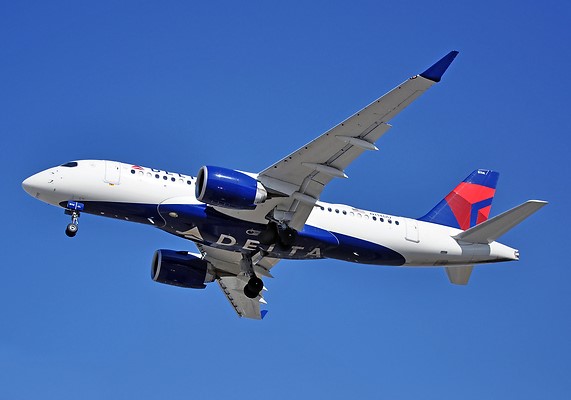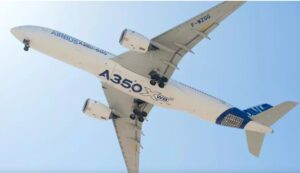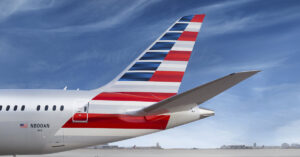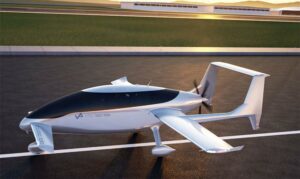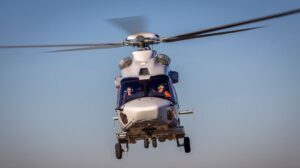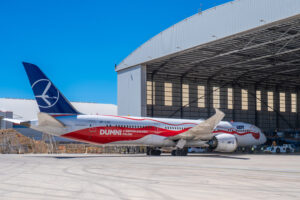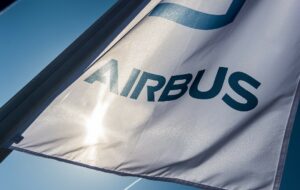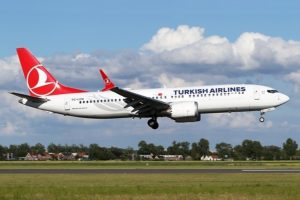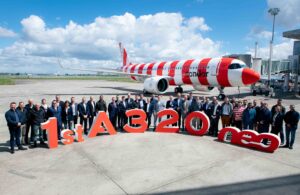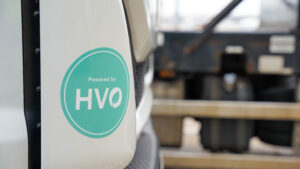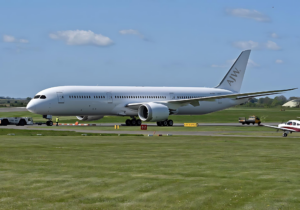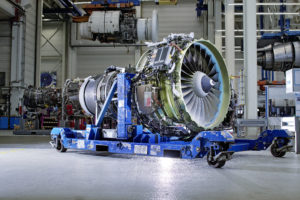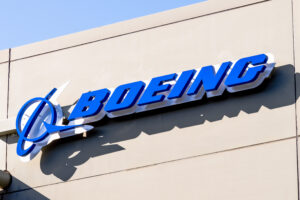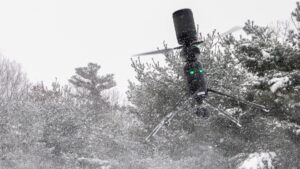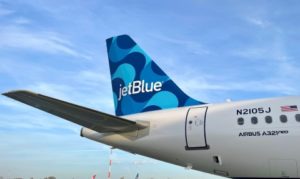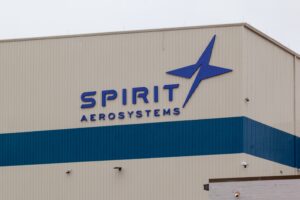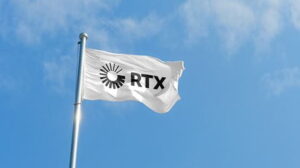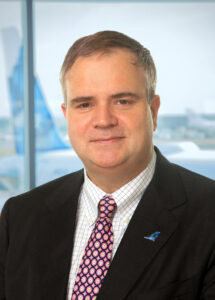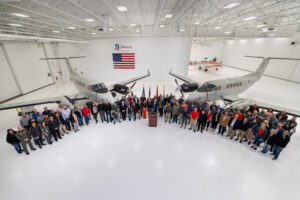Delta has effectively managed staffing between now and the peak 2021 summer season for most frontline groups.
“Avoiding involuntary furloughs in this unprecedented environment is entirely due to the innovation, hard work and shared sacrifice of our people,” CEO Ed Bastian said. “Our teams have done an extraordinary job identifying opportunities to spread work around and shift people into new roles that are essential to our business.”
COVID-19’s impact to the airline industry has been staggering. In the early days of the crisis, Delta was faced with an unprecedented decline in customer demand, resulting in the largest capacity reduction in Delta’s history. The company responded with swift, decisive action to protect the business, from immediately parking aircraft to reducing capital expenditures.
Delta people rallied just as quickly. Within days, roughly 10,000 Delta people volunteered to participate in an unpaid, voluntary leave of absence to protect the company. Since the start of the pandemic the actions of Delta people have resulted in, more than 40,000 employees volunteering to take an unpaid leave of absence and nearly 17,000 employees choosing to depart the company through a voluntary package, preserving jobs for others.
Flight attendants volunteered to assist with jobs on the ground and participate in a Fly On/Off program, a rotating month-on, month-off schedule. Airport customer service teams are considering new roles like wheelchair handling, aircraft servicing, cargo handling and into-plane fueling. Reservations specialists quickly trained in new areas to support different lines of work. To secure TechOps employment, Delta is leveraging its MRO business and partnerships with Pratt & Whitney and Rolls Royce.

